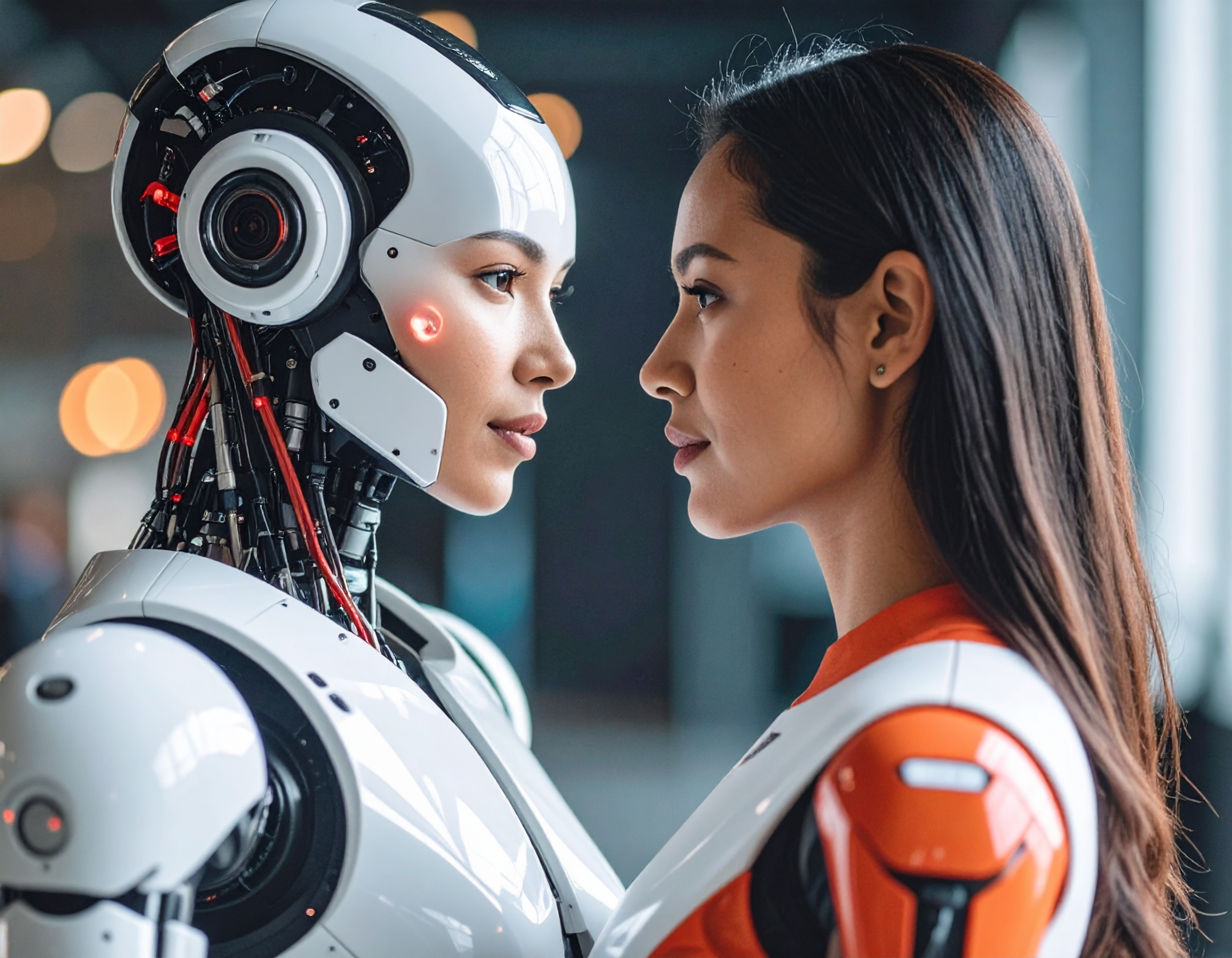Can AI Cook? The Surprising Results of a Tasty Showdown Between Humans and Machines

AI in the Kitchen: A New Frontier
Three days ago, an intriguing experiment took place, pitting artificial intelligence against a professional chef in a cooking challenge. The aim was to see if AI could create a dish that rivaled human creativity and expertise. Using a tool called "Food Mood," an AI developed by Google, the challenge tested the capabilities of Intelligent Agents in the culinary arts. The AI was tasked with generating fusion recipes from a selection of pre-chosen ingredients, going head-to-head with Ixta Belfrage, a renowned chef known for her fusion cooking. The outcome revealed both the strengths and limitations of AI in creating tasty and appealing dishes.
The Great Cook-Off: AI vs. Human Chef
The challenge was straightforward: create two courses using ingredients like ricotta, oyster mushrooms, and chipotle chilies for the main dish, and chocolate and orange for dessert. Belfrage and the AI each prepared their dishes, which were then evaluated by a panel of tasters. The results were surprising. While Belfrage’s human touch clearly outshone the AI in the main course with her Oyster Mushroom Tacos, the dessert round was less clear-cut. The AI's Chocolate and Orange Symphony managed to fool several tasters into believing it was a human-made dish, demonstrating that Digital Employees might be capable of producing some appealing dishes under certain conditions.
Understanding the Limitations and Potential of AI Recipes
Despite the initial success with desserts, the AI still faced significant challenges. The recipes it generated often contained inconsistencies, such as mixed measurements and unclear instructions. More critically, the AI struggled to capture the nuances of human taste, relying purely on chemical compositions and pre-existing data. The lack of sensory experience, something deeply ingrained in human cooking, was evident in the AI's outputs. This experiment highlighted that while Intelligent Agents can create interesting and sometimes tasty dishes, they are not yet capable of replicating the emotional and sensory depth a human chef brings to the kitchen.
The Future of Cooking: AI as a Culinary Partner
Despite its current limitations, AI’s role in the kitchen is promising. Experts like Ganesh Bagler, a computational researcher, believe that AI can complement human creativity by suggesting novel combinations and optimizing nutrition. However, AI is more likely to serve as a valuable assistant rather than a replacement for human chefs. As Bagler aptly put it, “A chef will never be replaced by an AI. But a chef who does not use AI will definitely be replaced by a chef who uses AI.” Moving forward, the synergy between human chefs and AI could lead to a new era of culinary innovation, where technology enhances our ability to create and enjoy food in diverse and sustainable ways.
Key Highlights:
- AI Cooking Challenge: Three days ago, a cooking experiment was conducted to test if artificial intelligence could create dishes that rival those made by a professional chef. The experiment used Google's AI tool "Food Mood" and renowned chef Ixta Belfrage, known for her fusion cooking.
- Experiment Outcome: The AI and Belfrage each prepared two dishes—a main course and a dessert. While Belfrage's Oyster Mushroom Tacos won the main course round decisively, the dessert round was less clear-cut. The AI's Chocolate and Orange Symphony managed to convince some tasters that it was human-made.
- AI Limitations: Despite some success, the AI struggled with creating consistent recipes, often producing unclear instructions and mixed measurements. The AI's inability to replicate human sensory experiences, such as taste and smell, revealed its limitations in the culinary field.
- Future Potential: Experts believe that AI could serve as a valuable tool in the kitchen, aiding chefs by suggesting innovative combinations and optimizing nutrition. However, AI is expected to be a complement to, rather than a replacement for, human chefs, enhancing creativity and efficiency in the kitchen.
- Significance: The experiment demonstrates the potential and challenges of using AI in creative fields like cooking, highlighting both its current limitations and future possibilities as a culinary partner.
Reference:


